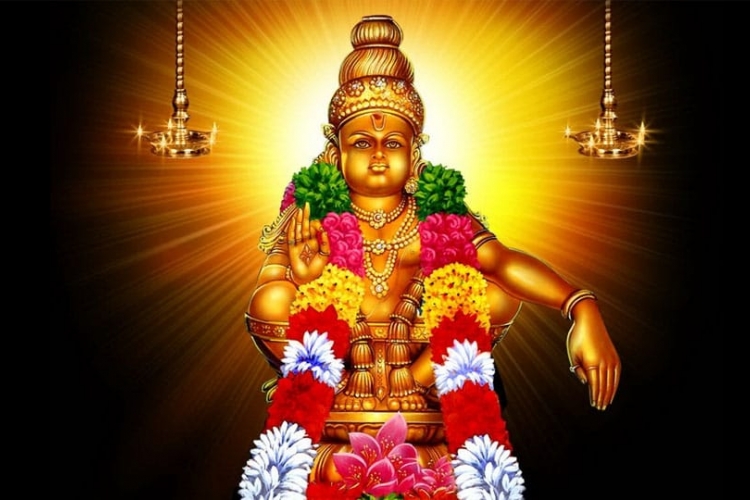SABARIMALA VERDICT
IN NEWS
The Supreme Court has struck a heavy blow in the fight for freedom and women's liberation by ordering entry to menstruating women in Sabarimala.
JUDGEMENT
Four judges on the bench ruled in favour of lifting the ban on women entering Sabarimala temple. CJI Dipak Misra and Justices Khanwilkar, Nariman and Chandrachud found the practice discriminatory in nature and that it violates Hindu women's right to pray.
Here are top quotes from the majority judgment:
- Devotion cannot be subjected to discrimination. Patriarchal rules have to change. Patriarchy in religion cannot be allowed to trump right to pray and practise religion.
- To exclude women of the age group 10-50 from the temple is to deny dignity to women. To treat women as children of lesser god is to blink at the Constitution.
- Religion cannot be used as cover to deny rights of worship to women and it is also against human dignity. Prohibition on women is due to non-religious reasons and it is a grim shadow of discrimination going on for centuries.
- All judges ruled that devotees of Lord Ayyappa do not constitute a separate religious denomination.
CRITICAL ANALYSIS
For and Against
- The fundamental rights claimed by worshippers based on ‘custom and usage’ must yield to the fundamental right of women to practise religion,thus the judgment is upholding the rights of women.
- Beyond the legality of the practice, which could have been addressed solely as an issue of discrimination or a tussle between two aspects of religious freedom, the court has also sought to grapple with the stigmatisation of women devotees based on a medieval view of menstruation as symbolising impurity and pollution.
- Judicial review of religious practices would negate the freedom to practice one’s religion according to one’s faith and beliefs.
- Issues of deep religious sentiments should not be ordinarily be interfered by the court. The Sabarimala shrine and the deity is protected by Article 25 of the Constitution of India and the religious practices cannot be solely tested on the basis of Article 14.
- India is a diverse country. Constitutional morality would allow all to practise their beliefs. The court should not interfere unless if there is any aggrieved person from that section or religion.
- The decision reaffirms the Constitution’s transformative character and derives strength from the centrality it accords to fundamental rights.
WAY FORWARD
Justice is best when it recognises that there is no offence in the logic of the faithful being at variance with the logic of the rationalist.


 IAS-2026 - OPTIONAL / GEOGRAPHY / PUBLIC ADMINISTRATION / SOCIOLOGY / ANTHROPOLOGY / ORIENTATION ON 03 & 04-10-2025
IAS-2026 - OPTIONAL / GEOGRAPHY / PUBLIC ADMINISTRATION / SOCIOLOGY / ANTHROPOLOGY / ORIENTATION ON 03 & 04-10-2025 